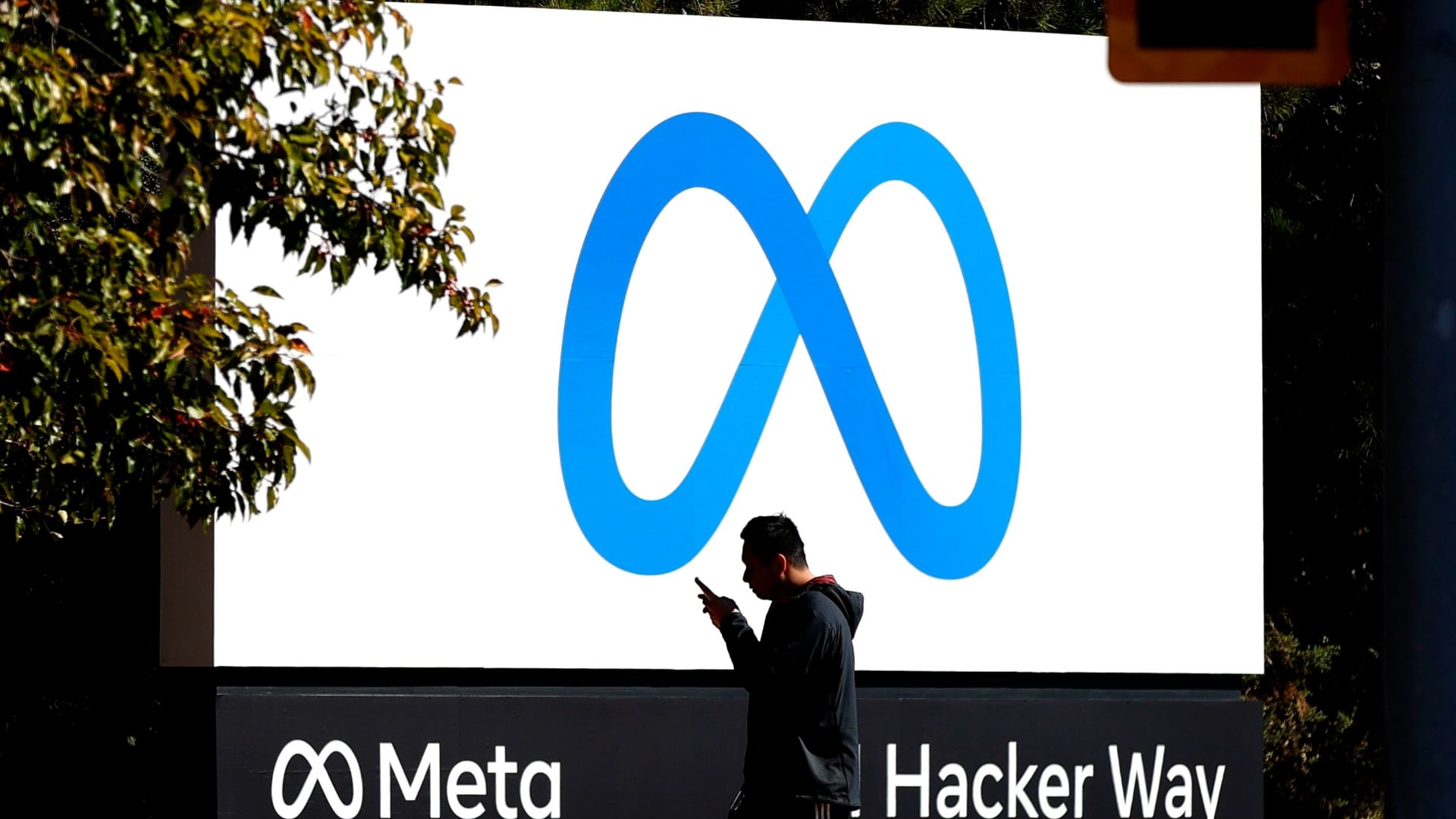*By Alex Heath* Facebook is developing hardware for the TV, Cheddar has learned. The world’s largest social network is building a camera-equipped device that sits atop a TV and allows video calling along with entertainment services like Facebook’s YouTube competitor, according to people familiar with the matter. The project, internally codenamed “Ripley,” uses the same core technology as Facebook’s [recently announced Portal video chat device](https://cheddar.com/videos/facebook-unveils-portal-video-chat-device-for-the-home) for the home. Portal begins shipping next month and uses A.I. to automatically detect and follow people as they move throughout the frame during a video call. Facebook ($FB) currently plans to announce project Ripley in the spring of 2019, according to a person with direct knowledge of the project. But the device is still in development and the date could be changed. The announcement of Portal was postponed earlier this year due, in part, to privacy scandals surrounding the revelation that the British firm Cambridge Analytica harvested the data of millions of Facebook users to aid the Trump U.S. presidential campaign. Ha Thai, a Facebook spokeswoman, declined to comment for this story. Aside from Ripley’s video chat features, the device could provide Facebook an avenue to compete with the likes of Apple ($AAPL), Roku ($ROKU), and Amazon ($AMZN) for attention on TVs. Facebook’s own Watch video service is included with Portal, and the company has said that it intends to add more streaming services over time. **An AR projector and brain interface** Portal and project Ripley represent Facebook’s widening ambition to build a consumer hardware business outside of its virtual reality brand Oculus. Roughly two years ago, Facebook formed a skunkworks hardware group called Building 8 that’s dedicated to developing futuristic, so-called “moonshot” products. Two unreleased products the group teased publically last year include a device that can read brainwaves to determine what words someone wants to type and an armband that is intended to [translate sounds into vibrations](https://www.businessinsider.com/facebook-building-8-prototype-device-lets-you-hear-through-skin-study-2018-10) that can be understood through human skin. The brain interface device, internally codenamed Edgefield, is still in the early stages of development with roughly one dozen Facebook employees working on it, according to people familiar with the matter. The group is currently working on scaling down the computer needed to power the headwear and improving its glass fiber connection. The armband project, codenamed Innatum, has been shelved due to development complications, the people said. The head of the project, Dr. Freddy Abnousi, recently took on a larger role as Facebook’s head of healthcare research and has been [talking to hospitals](https://www.cnbc.com/2018/10/10/facebooks-dr-freddy-abnousi-wants-doctors-to-have-more-patient-data.html) about sharing anonymized patient data with the company. Facebook is also tinkering with hardware in the nascent field of augmented reality (AR), the technology that companies like Magic Leap are pursuing to overlay virtual objects onto the real world. Another project, codenamed Sequoia, uses a projector to create a virtual AR experience that projects virtual objects and moves them around in physical space. Early demos have included displaying virtual board games on a physical table, reading animated children’s books, and projecting a person’s likeness onto physical objects for the purpose of video conferencing.












